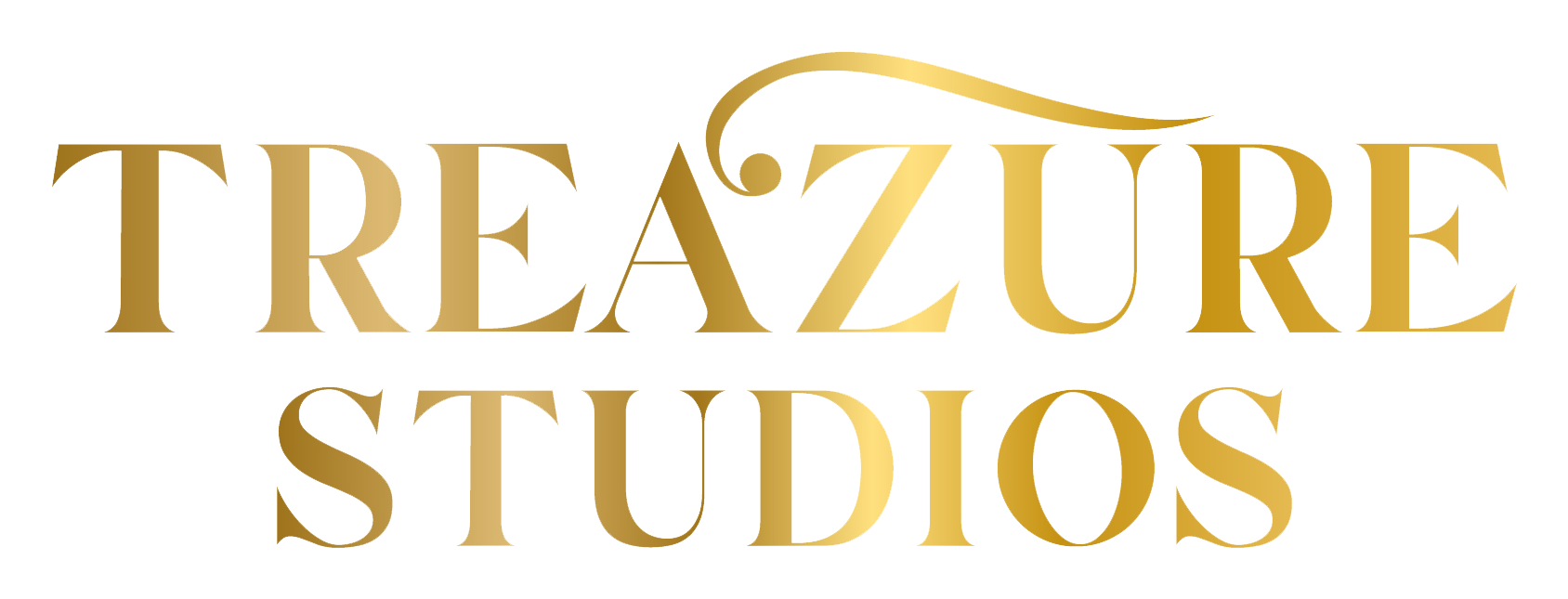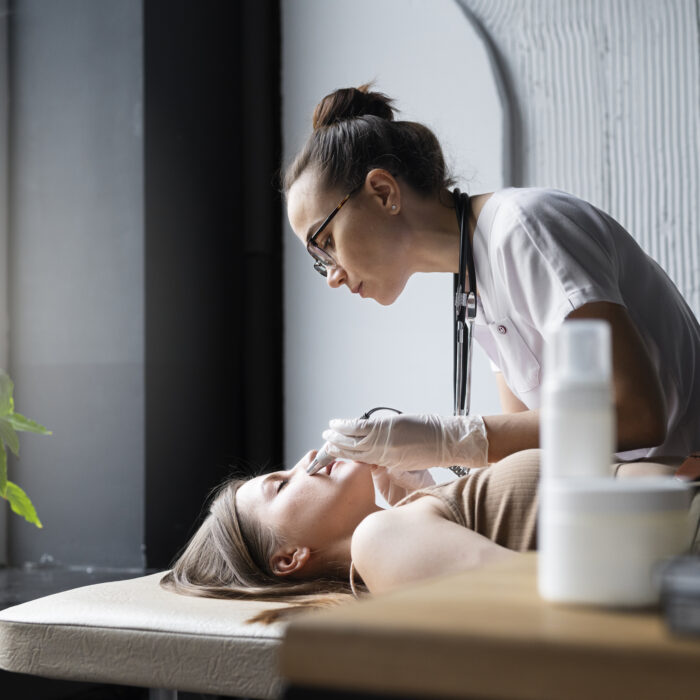
In today’s thriving beauty and wellness industry, it’s easy to assume that all professionals behind the chair or spa table have the same knowledge and credentials. However, the truth is much more nuanced. Many clients, including aspiring professionals, are confused about the significant differences between cosmetologists and estheticians. While both roles are important in the personal care industry, they are governed by completely different scopes of practice, training standards, and licensing requirements. The disparities aren’t about specialty; they’re also concerned about what experts are legally permitted and trained to do regarding skincare.
That distinction becomes significant when clients seek treatment for acne, pigmentation, aging skin, or other skin-related issues. Cosmetologists may understand skincare in general, but they have no right to execute the treatments that explicitly address these difficulties. On the other hand, estheticians have prolonged training in skin science and technology. Treazure Studios believes informed education is the cornerstone of empowerment for clients and professionals looking to develop meaningful careers. That is why it is critical to understand what estheticians can accomplish that cosmetologists cannot.
Understanding the License Divide
The distinction between a cosmetologist and an esthetician starts with their schooling and concludes with their license. Cosmetologists conduct a comprehensive curriculum that includes hair styling, coloring, nail care, and basic skincare. Their training provides an overview of several beauty services but lacks the depth required for specialized skincare. On the other hand, estheticians receive specialized training that focuses almost entirely on the skin. Their education covers anatomy, skin diseases, treatment techniques, and sanitary measures tailored exclusively for skincare services.
This distinction becomes even more important when we consider the regulations established by state bodies. Most states do not license cosmetologists to administer treatments like chemical peels, microdermabrasion, or advanced facial therapies with equipment. These are classified as advanced skincare services, necessitating specific esthetician licensure. Cosmetologists who attempt to administer these procedures without the necessary credentials risk facing legal consequences, penalties, or loss of license. On the other hand, estheticians have extensive training to provide these services safely and legally.
Treazure Studios has prioritized regulatory transparency from its inception. Our programs are designed to meet and surpass state licensure requirements, allowing our esthetics students to provide services. We also ensure that our students are properly informed of what their licensing permits them to do professionally to protect themselves while administering safe, effective treatments to their clients.
Advanced Skin Analysis and Treatment Planning
One of the most important skills that estheticians learn is completing skin evaluations. This is more than just a quick look at the face; it’s a thorough assessment that considers skin type, condition, moisture levels, barrier health, and even lifestyle variables that may impact the skin. While a cosmetologist may recommend a product based on appearance, an esthetician delves deeper to determine what the skin needs on a physiological level.
Estheticians are educated to provide personalized treatment programs based on this knowledge. Estheticians use their knowledge to decide which products, modalities, and treatment frequency will produce the best results for treating acne, hyperpigmentation, or symptoms of aging. This ability to adjust care significantly improves long-term skin health. Cosmetologists may apply masks or provide broad advice, whereas estheticians can design skin regimens that change with the client’s needs, season, and progress.
Treazure Studios promotes this degree of diagnostic thinking through hands-on training and real-world case studies. Students are trained to observe not only with their eyes but also with a critical, educated perspective. They learn to analyze progress over time, change therapies as needed, and effectively convey this process to clients. That level of preparation and customization distinguishes estheticians as trusted skincare professionals—and it’s a skill set that isn’t taught in cosmetology schools.
Hands-On Treatments That Go Deeper
The treatments provided by an esthetician are not only cosmetic but also therapeutic. Estheticians are certified to perform chemical peels, high-frequency therapy, LED light treatments, microcurrent facials, and microdermabrasion. These treatments work underneath the skin’s surface, influencing the dermis and cellular function to promote healing and regeneration. Cosmetologists, on the other hand, are limited in their ability to employ many of these instruments due to their specific knowledge of skin structure and probable contraindications.
In practical terms, clients who require assistance with breakouts, textural difficulties, melasma, or accelerated aging should consult an esthetician rather than a cosmetologist. Many states do not allow cosmetologists to do extractions or use professional-grade exfoliants. These are more than simply tools; they are procedures that, if not used correctly, might result in burns, scars, or infections. Estheticians are educated to assess skin readiness, disinfect instruments, and adjust treatments in real time to reduce danger while increasing effectiveness.
Treazure Studios takes its responsibilities seriously. We offer intensive hands-on experience with cutting-edge tools and technologies, all under the supervision of professional instructors. Our graduates understand how to use machines and peels, when and why they should be used. This allows them to provide outcomes beyond surface-level attractiveness, which cosmetologists are not licensed or trained to provide.
Specialization in Sensitive Skin and Medical Esthetics
Estheticians are more than just beauticians; they are skincare therapists. Many people obtain additional training in treating sensitive skin conditions like rosacea, eczema, and cancer-related issues. These regions necessitate a careful touch, a thorough awareness of ingredient safety, and rigorous hygiene measures that go beyond what is taught in cosmetology school. Cosmetologists may do basic facials but are not trained to manage damaged skin or devise restorative treatments for medically complex customers.
In the field of medical esthetics, estheticians shine brighter. In some regions, certified estheticians can practice alongside dermatologists or in medical spas, performing procedures such as microneedling, dermaplaning, and laser therapy, often after receiving postgraduate certification. These are clinical-grade therapies with dramatic results, and they are completely unavailable to cosmetologists without dual licensing.
Treazure Studios acknowledges that the future of esthetics lies in specialization. That is why we provide continuous education and advanced training modules in medical esthetics. Our aim is to train our students for jobs and careers that change with the business. Our graduates are prepared to work in high-end spas, dermatology clinics, or their niche practices since the focus is primarily on clinical knowledge and patient safety.
Client Trust and Skincare Leadership
Estheticians are frequently viewed not only as service providers but also as skincare educators. Clients come to them with long-standing concerns, fears, and a desire for change. Trust is important and earned through education, consistency, and demonstrable outcomes. While a cosmetologist may deliver a pleasant facial, an esthetician goes above and beyond, providing expert advice on routines, product selections, and lifestyle changes that promote overall skin health.
This trust is what leads to long-term client relationships. Estheticians frequently work with the same clients for years, tailoring their care programs to evolving skin conditions and personal goals. Unlike cosmetologists, who may see clients for one-time beauty enhancements, estheticians walk them through a multi-step process to achieve better skin. Their work does not finish with the facial; they also provide home care instructions, follow-up sessions, and emotional support.
Treazure Studios teaches its pupils that technical proficiency is only half of an esthetician’s job. The other half includes communication, empathy, and professionalism. Our training encourages future estheticians to perceive themselves as educators rather than just technicians. This approach boosts their status in clients’ eyes and positions them as renowned leaders in the wellness community.
The Science Behind the Skin: Estheticians as Skin Health Experts
One of the biggest distinguishing factors between cosmetologists and estheticians is their background in skin science. Estheticians receive specialized training in skin anatomy, physiology, and pathology, learning how the skin works, regenerates, and how hormones, nutrition, sun exposure, and aging affect it. This thorough understanding enables estheticians to recognize which treatments to do, why they work, and how to modify them for particular skin types and conditions. In contrast, cosmetology training only briefly mentions skin care, generally emphasizing hair and nail health. Cosmetologists may know how to clean and hydrate the face, but they are not trained to treat skin as a dynamic, living organ with complicated requirements.
This scientific understanding offers estheticians a distinct advantage when working with clients who require more than just pampering, a solution. Whether the issue is cystic acne, sun damage, or a damaged barrier due to over-exfoliation, estheticians understand how to analyze the skin’s current state and develop a treatment plan that respects natural healing processes. Their understanding of component chemistry enables them to choose products that improve the skin, rather than depending on popular trends or marketing promises. Cosmetologists, while adept in aesthetic presentation, are typically untrained in how substances penetrate or interact with different layers of the skin, limiting their ability to recommend therapeutic products.
Treazure Studios ensures that every aspiring esthetician leaves with a solid understanding of the science, not just enough to pass exams, but also to establish genuine authority and trust with their clientele. We think that knowledge is powerful, and when estheticians understand the “why” behind each product and regimen, they can confidently assist their customers to long-term skin health. This level of experience distinguishes estheticians from cosmetologists, establishing them as the go-to professionals for serious skincare issues and advanced treatment results.
Understanding The Difference Between Esthetician and Cosmetologist
The distinction between estheticians and cosmetologists is not one of superiority; instead, it involves training and licensing to perform specific tasks. Estheticians have the tools, skills, and legal clearance to provide transformational skincare results. From deep treatments to clinical-grade procedures and long-term client care, estheticians meet a need that cosmetologists cannot. Understanding these boundaries is critical for clients and anybody considering a career in the beauty or wellness sectors.
Treazure Studios actively promotes the art and science of aesthetics. We’re not merely training kids for jobs but developing self-assured professionals ready to transform lives, one face at a time. Whether you want to specialize, improve your talents, or pursue your passion, remember that estheticians can do things others cannot. With the proper training, you, too, can.













